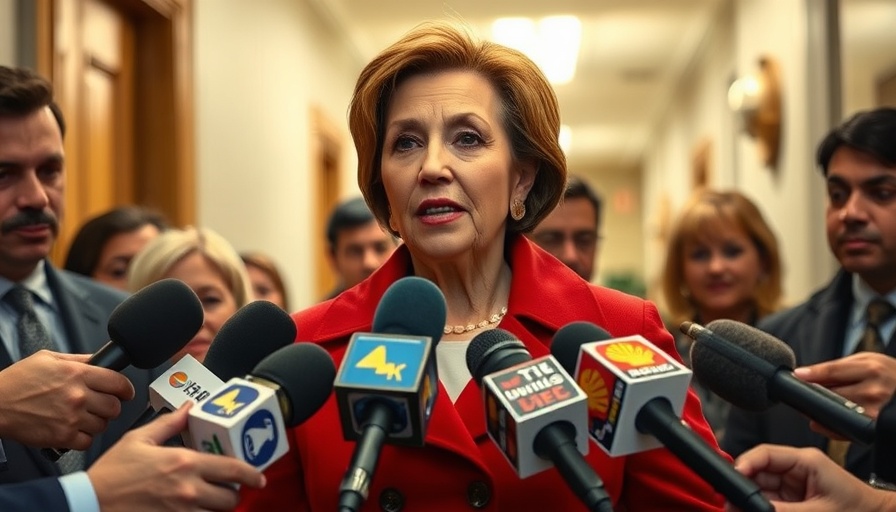
A Harrowing Tale of Workplace Toxicity
In the realm of corporate culture, stories of toxicity often emerge like shadows in the workplace. A recent social media post from an employee on Reddit highlights a particularly distressing situation where a Performance Improvement Plan (PIP) was used as a tool for punishment rather than improvement. This incident not only sheds light on the misuse of PIPs but also raises questions about the power dynamics between employees and management.
The Misuse of Performance Improvement Plans
Performance Improvement Plans are typically designed to help employees enhance their performance. However, as illustrated by this Redditor's experience, they can easily become weapons for management to settle personal gripes. The employee shared that after refusing to work during approved time off, they were placed on a PIP. This reflects a worrying trend in many workplaces where managerial authority is wielded to intimidate rather than encourage growth.
Refusing to Work During Leave: A Common Dilemma
This employee's predicament is all too relatable. The expectation that employees should always be available—even during their earned leaves—exemplifies a toxic work environment. Many employees feel pressured to respond to work demands at all times, leading to burnout and decreased mental health, which are critical components of workplace productivity. This dilemma drives the narrative that an employee’s personal time has become secondary to corporate expectations.
Netizens Weigh In on Toxic Work Culture
The online community reacted strongly to the post, with one user stating, "Changing jobs is hard, especially when you're only five months in, but a better opportunity is the only permanent solution I see." This sentiment resonates with many who find themselves trapped in unfulfilling and toxic work environments. The reality is sobering: employees often feel that the only recourse against such treatment is to change jobs. This highlights the need for organizations to examine their culture and practices attentively.
Legal Recourse: Is It Worth It?
The employee’s inquiry into legal options brings to light a critical point: tackling workplace harassment through legal channels can often feel daunting and ineffective. Many workers find themselves losing precious time and resources without any significant impact. Advocates argue that legal frameworks must evolve to protect employees better against retaliation and misuse of workplace policies like PIPs, but action is often slow and fraught with challenges.
Addressing Workplace Toxicity: A Call for Change
As this story unfolds, it's imperative for businesses to reflect on their internal cultures. A proactive approach towards employee respect and dignity can foster a space where individuals feel safe to express concerns without fear of retribution. Encouraging open communication, implementing fair practices, and addressing grievances constructively must become the standard, rather than the exception.
Identifying and Combatting Burnout
The long-term effects of a toxic workplace can lead to significant mental health issues, including burnout, anxiety, and depression. Employees are increasingly recognizing the importance of mental health in the workplace. Companies must acknowledge these challenges and implement strategies that not only prioritize productivity but ensure employees' well-being. Offering resources for mental health support, flexible work arrangements, and promoting a healthy work-life balance are essential starting points.
Creating a Supportive Work Environment
A supportive work environment can yield incredible benefits, both for the employee and the organization. When employees are valued and treated with respect, they are more likely to be engaged, productive, and loyal. It is essential for leadership to model behavior that promotes respect and understanding, ensuring everyone understands that their well-being matters.
Conclusion: Take Action Towards a Healthier Work Culture
As we consider the challenges posed by toxic workplaces, it becomes clear that collective action is necessary. The responsibility lies not only with the individuals seeking change but also with organizations to adapt their environments to be more inclusive and supportive. If you find yourself in a similar situation, assess your circumstances and consider the next steps that prioritize your well-being and career goals.
 Add Row
Add Row  Add
Add 




Write A Comment